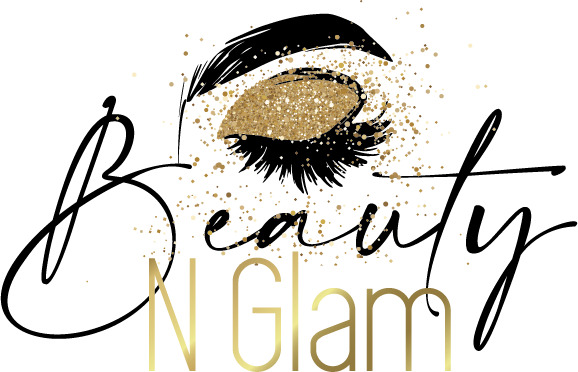Jojoba Oil
Despite being called an oil, it’s actually a wax derived from the jojoba bean. It’s lightweight, fast absorbing and is excellent at repairing and protecting the skin barrier. Plus, as it contains vitamins A, CandE it’s soothing, repairing,anti-ageingandanti- inflammatory.
It wasn't that long ago that "oil" was a dirty word in the skincare world, something meant to be removed from your skin, rather than added back on. But, as Bob Dylan said, times they are a-changin'. Walk through any skincare aisle (or haircare aisle for that matter) and you'll quickly notice that not only are there plenty of oil-based products, but also a variety of different oils being touted. There's of course the oh-so-buzzy coconut oil, lauded for being a one-stop-shop for all your beauty needs, hyped up Moroccan argan oil for hair… the list goes on and on.
JOJOBA OIL
TYPE OF INGREDIENT: Emollient that softens and smoothes the skin
MAIN BENEFITS: Hydrates the skin, balances natural oil production, delivers antioxidant protection, has anti-inflammatory effects, may have some antibacterial properties, and can also help reduce acne.
WHO SHOULD USE IT: Everyone can use jojoba oil, but it's an especially good choice for those with dry skin or those who are prone to acne or redness, says Nussbaum.
HOW OFTEN CAN YOU USE IT: It's safe to use daily and even multiple times per day.
WORKS WELL WITH: Jojoba oil can be combined with many other ingredients—it's a staple in many cosmetic formulations—and is often combined with other emollients, oils, and/or moisturizing ingredients such as shea butter, ceramides, beeswax, and hyaluronic acid.
DON'T USE WITH: There are currently no ingredients known to have any kind of negative interaction with jojoba oil.
What Is Jojoba Oil?
"Jojoba oil is a natural oil produced from the seed of the…chinensis plant, a drought-resistant shrub native to southern Arizona, California, and Mexico," explains Chang. (Oh, and FYI, since we know you're wondering, it's pronounced ho-ho-ba.) While its prominence in beauty products is a relatively recent phenomena, it's been used for centuries; Native Americans used it as far back as the 1400s for its wound healing properties (more on those in a minute). Here's where things got a little confusing, though—jojoba oil isn't technically an oil.
(Say what?) It's actually a wax ester that, from a chemistry perspective, has a different makeup than other oils. While everyone calls it an oil—and we'll continue to do so just to keep things simple—that fact that it's a wax ester is a large part of what makes it so unique. Wax esters are a main component in human sebum, which means that, "jojoba oil mimics natural sebum, conditioning, and sealing moisture in the skin, without clogging pores or exacerbating acne," says Chang. Translation: Jojoba oil is as close to your skin's natural oil as you can get.
No matter in what form or formula it comes in, the long list of benefits it delivers remains the same.
Side Effects of Jojoba Oil
Generally speaking, there are no real drawbacks to this particular ingredient. Jojoba oil is generally well-tolerated with a low risk of irritation, Chang tells us. In rare instances, it can cause a rash or reaction, which is usually indicative of an actual allergy, Nussbaum points out. If you want to be extra cautious, you can try any new product out on a small test area before applying it all over your face.
How to Use It
Opt for 100 percent pure jojoba oil to use as a moisturizer, or look for it in a lotion, cream, or serum. Worth noting: It works great as a hair hydrator too, ideal for sealing dry ends, as well as a treatment for soothing chapped lips.
